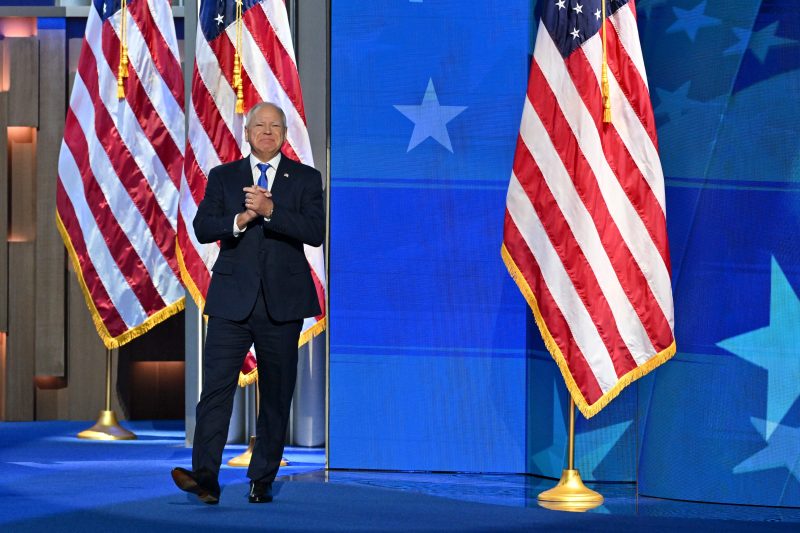In today’s constantly evolving political landscape, the issue of China’s increasing power has become a prominent talking point among candidates on the campaign trail. As China solidifies its position as a global superpower, candidates across the world have seized upon this trend, using it as a central framework through which to shape their campaign strategies and attack lines.
One key aspect of this development is the economic competition between China and other countries, particularly the United States. China’s rapid economic growth and technological advancements have placed it in direct competition with the US in many key industries. Candidates often use China’s economic ascent as a point of contention, framing it as a threat to domestic industries and job markets. By highlighting the challenges posed by China’s economic power, candidates seek to portray themselves as defenders of national interests and workers.
Another dimension through which candidates approach the issue of China’s power is national security. As China expands its military capabilities and exerts influence in various regions, concerns about security threats have escalated. Candidates frequently leverage these concerns to criticize opponents for being soft on China or failing to address potential security risks. By positioning themselves as staunch defenders of national security, candidates aim to appeal to voters who prioritize protection and defense.
Moreover, the ideological differences between China and Western democracies have also become a focal point in political discourse. Candidates often highlight China’s authoritarian regime and human rights violations as evidence of its contrasting values. By emphasizing these differences, candidates draw a line between themselves and their opponents, framing the election as a choice between democratic principles and oppressive regimes.
Furthermore, the issue of global leadership has emerged as a key battleground in light of China’s rising influence. Candidates frequently debate the implications of China’s growing power on the international stage, questioning whether it poses a challenge to the existing global order. By engaging in discussions about global leadership, candidates strive to position themselves as capable leaders who can navigate complex geopolitical dynamics and protect their country’s interests in an evolving world.
In conclusion, the issue of China’s power has become a central theme in political campaigns around the world, shaping candidates’ strategies and attack lines. From economic competition to national security concerns, ideological differences to global leadership dynamics, the implications of China’s ascent are far-reaching and multifaceted. As candidates navigate this complex landscape, their ability to effectively articulate their positions on China’s power will play a crucial role in shaping public opinion and ultimately determining the outcome of elections.

